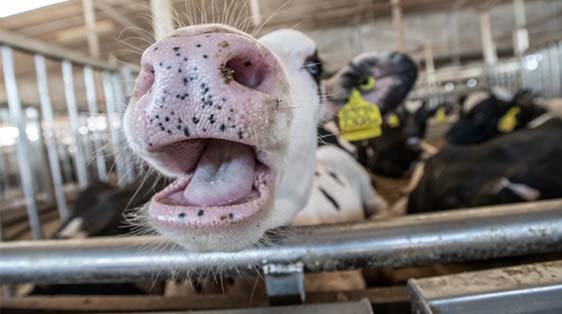
February 24, 2021Animal Law & Policy ProgramCattle stranded at sea for two months are likely dead or ‘suffering hell’
Professor Kristen Stilt, Director of Harvard’s Animal Law and Policy Program, told the Guardian that it was an inherent risk with live transport that the animals would be rejected at their destination port.
Two livestock ships have been refused entry to multiple countries on health grounds since leaving Spain in December.
The two vessels left from different ports in Spain to deliver cargoes of animals, but were refused entry by various countries including Turkey and Libya, as outbreaks on both ships of the bovine disease bluetongue was suspected.
Professor Kristen Stilt, Director of Harvard’s Animal Law and Policy Program, who is writing a book about the transport of live animals, said it was an inherent risk with live transport that the animals would be rejected at their destination port.
Once labelled as rejected, Stilt said it was “very likely that no other country [would] accept them, as we are now seeing with the two vessels at sea with calves from Spain”. Another problem for crew and livestock, she said, was the absence of an international arbiter that could assess claims of disease and make a binding determination. The result, she said, was “usually catastrophic in terms of loss of animal lives”.
